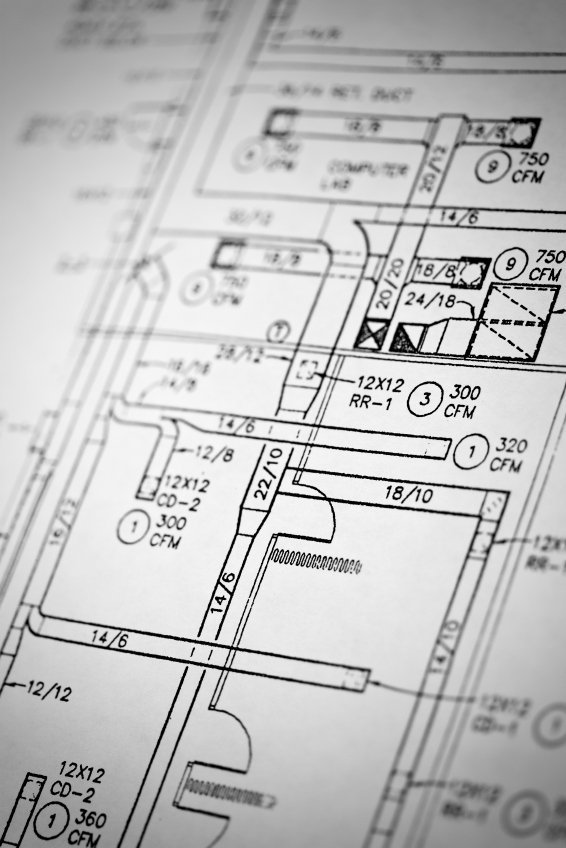
If you have a modern HVAC system in your business or home, it’s a far more efficient one than the one that you likely grew up with. Motivated by wanting to lower costs, improve environmental friendliness and make interior environments better, HVAC engineering has come a long way.
Let’s take a look at how these systems have improved and why they’re more efficient and cost effective to run than ever before.
Integrating the Whole Space
An HVAC system can cool a huge space, provided the system is large enough. The cooling can be vastly improved, however, by making sure the entire interior environment is geared toward helping the system to do its work. HVAC technicians and installation companies have consistently been more attentive to details in this regard.
For example, the HVAC company will take a look at ductwork to make sure that it’s sealed properly. According to Energy.gov, leaky ductwork can account for around 30% of the energy that your system consumes. The HVAC company will have the tools and know-how to test the ductwork and make sure that it’s not letting air in our out where it shouldn’t be.
The company may also advise getting programmable thermostats. These allow you to make sure that the temperature in the rooms are regulated very well and, by doing so, they can bring up the efficiency levels of your system to the point where they cost 10% less to run each year, according to the same numbers.
You might have heard the term SEER. SEER stands for Seasonal Energy Efficiency Ratio. It’s a scientific measure of how efficient your air conditioning system is. This is derived from the total output from the unit in cooling, measured in BTUs (British Thermal Units). The cooling BTUs are divided by the watt hours of input that the unit uses over the course of the cooling season to get the SEER number.
There are real benefits to these types of quantifications and they help to give some idea of how improvements in the systems have helped to make HVAC more efficient. According to the Environmental and Energy Study Institute, the improvements in HVAC systems between 1990 and 2030 will result in $186 billion saved by businesses and consumers.
Because older HVAC systems are more energy-hungry than newer ones, getting a new system installed might be a very useful step toward saving your company some money. This should be realized right away, but over the long haul the benefits are likely to be even more profound.
Improving Nearly Universal Equipment
Most any living space is going to have some sort of an HVAC system installed. Even businesses and homes that have alternatives will usually have an HVAC system installed to ensure that, on the hottest and coldest days, indoor comfort can be maintained. Improving those systems means real benefits for businesses and homeowners.
Some of the most advanced options out there incorporate geothermal solutions to energy needs and split systems that are compatible with spaces where ductwork isn’t an option. There are solutions for most any space and, increasingly, they are more energy efficient, reliable and better performing.
If you have an older system, talking to an HVAC installer about getting it upgraded is an excellent option. It ensures that you’re not spending money that you don’t need to spend, for starters. Beyond that, you’ll be having a positive environmental impact by having a system installed that doesn’t waste energy and that focuses what energy it does consume on keeping your space as comfortable and livable as possible, and the difference is certainly noticeable in that regard.
http://energy.gov/sites/prod/files/2014/06/f16/HomeCooling101.pdf
http://www.eesi.org/papers/view/fact-sheet-air-conditioner-efficiency-standards-seer-13-vs.-seer-12